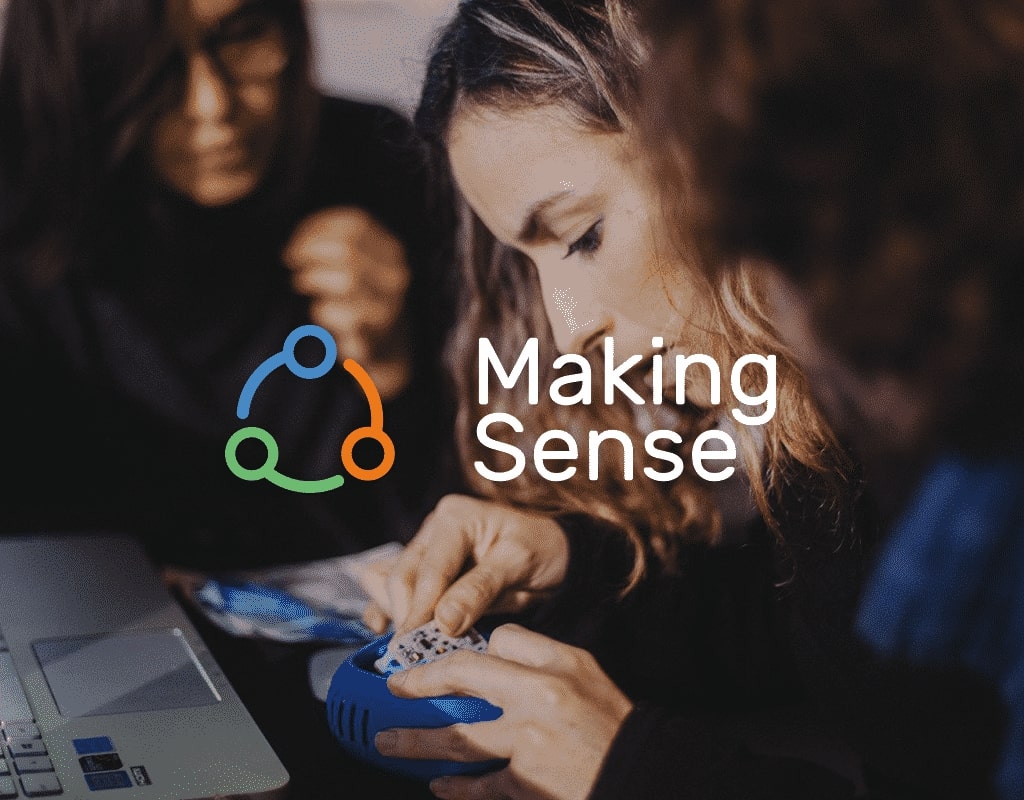| EU Project | Making Sense (2015-2017) |
| Description | Making Sense shows how open source software, open source hardware, digital maker practices and open design can be effectively used by local communities to appropriate their own technological sensing tools, make sense of their environments and address pressing environmental problems in air, water, soil and sound pollution. |
| EU Call | Horizon 2020 |
| Total Funding | 1,547,774.50 € |
| IAAC Department | Fab City Research Lab |
| Partners | Stichting Waag Society (NL), University of Dundee (UK), Joint Research Centre – European Commission (BE), Peer Educators Network (XK). |
| Website | http://making-sense.eu |
The Institute of Advanced Architecture of Catalonia (IAAC) was among the partners of the European project Making Sense, developed within the framework of Horizon 2020 Programme. IAAC worked with local communities in Barcelona to develop new strategies to empower citizens with technology to tackle environmental issues primarily using the Smart Citizen platform. IAAC also lead the overall project design and communication strategy.
Making Sense shows how open source software, open source hardware, digital maker practices and open design can be effectively used by local communities to appropriate their own technological sensing tools, make sense of their environments and address pressing environmental problems in air, water, soil and sound pollution.
To achieve this, the project develops a Making Sense Toolkit based on the Smart Citizen platform for bottom-up citizen science, developed at Fab Lab Barcelona. The toolkit will be tested in pilots in Amsterdam, Barcelona and Prishtina, aimed at deepening our understanding of the processes enabling collective awareness. Based on the pilots, we will develop a conceptual and methodological framework for participatory environmental maker practices. It will show how to provide citizens and communities with appropriate tools to enhance their everyday environmental awareness, to enable active intervention in their surroundings, and to change their individual and collective practices.



